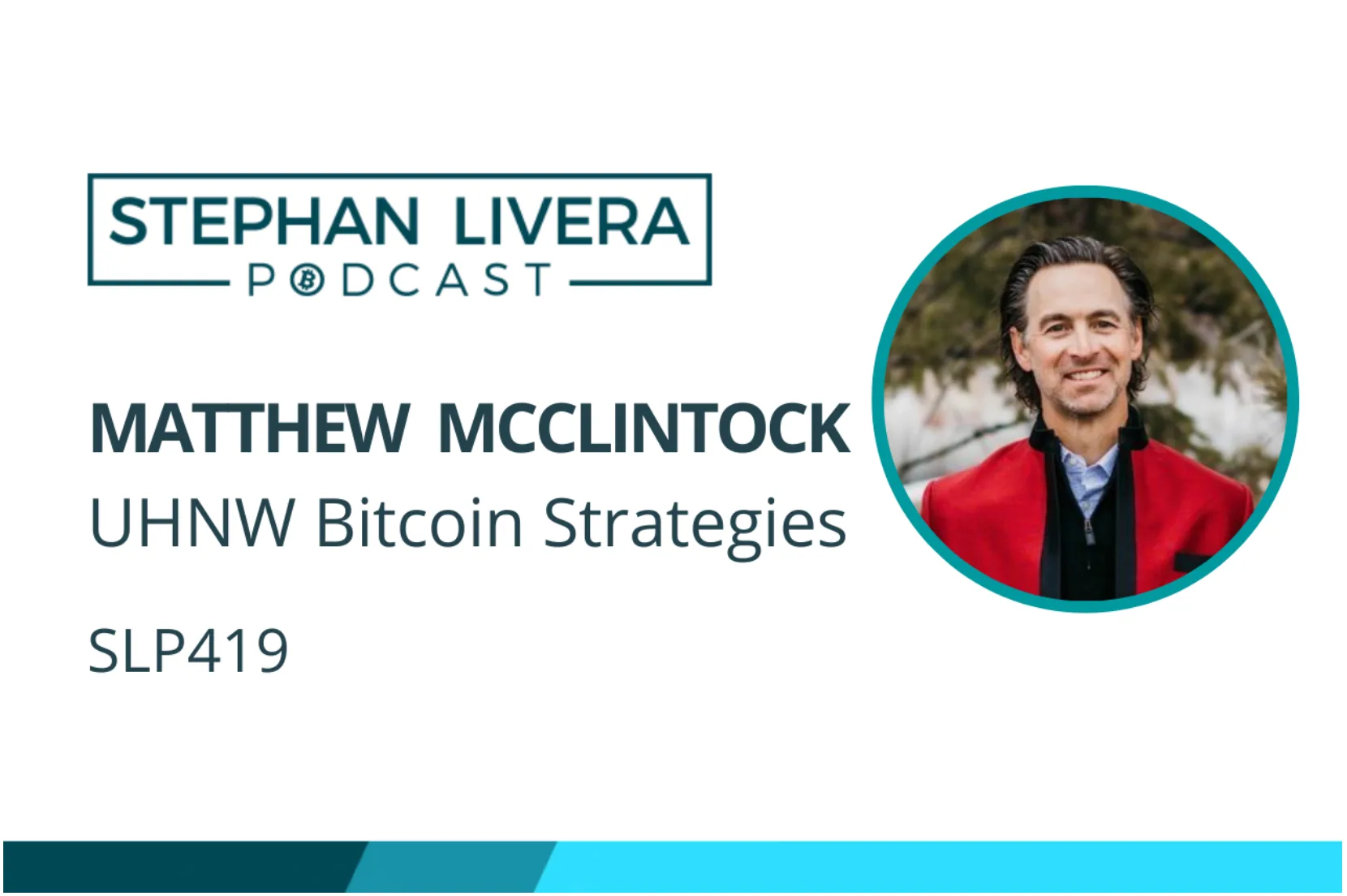Global Markets at a Crossroads: Why International Equities, Bitcoin, and Private Equity Are Reshaping the Landscape

In recent months, global markets have entered a period of significant divergence. U.S. equities, long the bellwether of global investor sentiment, are struggling under the weight of high valuations and policy uncertainty. In contrast, international equities have shown surprising resilience. Meanwhile, Bitcoin is stepping out of its speculative shadow, and private equity is confronting a long-overdue reckoning. These three themes—international outperformance, digital hard assets, and illiquidity risk—are reshaping how we think about asset allocation in the years ahead.
International Outperformance: A Quiet Shift Takes Hold
One of the most underappreciated developments in 2024 has been the strength of international equities. While U.S. indices such as the S&P 500 have dipped into negative territory, markets like the Hang Seng Index in Hong Kong and the DAX in Germany have remained in solid uptrends. These international indices have weathered the volatility with far greater composure than their U.S. counterparts.
This divergence is not just about market momentum. It reflects deeper structural dynamics: a weakening U.S. dollar, more favorable valuations abroad, and a relative lack of exposure to the large-cap tech names that dominate and increasingly weigh on U.S. benchmarks. In this environment, our approach has been to reduce exposure to broad U.S. indices and reallocate incrementally toward international opportunities—particularly in markets with strong trendlines, solid fundamentals, and better risk/reward setups.
Investors tend to overweight their home markets, but global leadership rotates. With many U.S. equities stretched and speculative fervor concentrated in a narrow slice of tech stocks, international diversification isn’t just prudent—it may well be necessary.
Bitcoin: From Toy to Treasury Asset
While the broader market has been under pressure, Bitcoin has quietly made historic gains. The digital currency recently hit an all-time high when measured against equities, signaling a structural shift in how it is perceived.
Bitcoin is no longer just a speculative playground for tech-savvy traders. It is increasingly acting like a digital counterpart to gold: a decentralized, non-sovereign store of value. Amid global monetary uncertainty and rising concerns about fiat debasement, the case for Bitcoin as a strategic asset allocation tool has grown stronger.
Price action confirms this shift. Bitcoin is breaking out not just in dollar terms, but relative to traditional assets like stocks. This breakout from a long base pattern suggests the beginning of a new structural uptrend. It doesn’t mean Bitcoin is without risk—volatility remains high—but the asset is showing signs of maturation. For investors willing to tolerate drawdowns in exchange for asymmetric upside, Bitcoin has become increasingly difficult to ignore.
Private Equity: A Liquidity Reckoning Unfolds
If Bitcoin represents a new frontier, private equity is a cautionary tale. After a decade and a half of exuberant inflows, the private market ecosystem is showing signs of strain. Endowments and large institutions are quietly exploring secondary sales. Discounts are widening. Illiquidity—once sold as a feature—is now looking more like a bug.
The core issue is twofold. First, the promise of an “illiquidity premium” has not materialized for many investors. Returns have lagged, and recent IPOs of private equity-backed companies have underwhelmed. Second, in an environment of rising uncertainty and shifting priorities, being locked into opaque and inflexible structures is increasingly unattractive.
What we are witnessing is the start of a broader reassessment. Liquidity, once taken for granted, is being revalued. Investors are recognizing the importance of being able to adapt, pivot, and access capital when it matters most. This is especially critical in a world marked by geopolitical shifts, technological disruption, and policy unpredictability.
Our view has been to emphasize a barbell approach: favor public, liquid markets where price discovery and flexibility are real, while reserving private allocations for only the most compelling, early-stage opportunities—where idiosyncratic returns justify the trade-off. The days of blindly allocating to mega-fund buyouts and late-stage private credit are, in our view, numbered.
The Road Ahead: Rethinking Risk and Reward
The investment world is changing. The old playbook—which prioritized U.S. dominance, low volatility, and institutional orthodoxy—is no longer sufficient. Today’s conditions demand new thinking.
International markets are quietly asserting leadership. Bitcoin is maturing into a meaningful strategic asset. And the cracks in the private equity model are becoming too large to ignore.
It’s not about abandoning tradition, but rather updating assumptions. Flexibility, liquidity, and diversification—real diversification—are taking center stage. And for investors willing to step back and reassess, this period of transition offers rare opportunities to get ahead of the next structural cycle.
If you’re interested in learning more about Bespoke’s approach to private wealth management and how we can help you build a secure financial future, we invite you to reach out to us directly. We’d be happy to set up a confidential consultation at your convenience.
Thank you for considering Bespoke as your partner in wealth management. We look forward to the opportunity to work with you.
This information is intended for general educational purposes only and should not be construed as legal or investment advice.











